

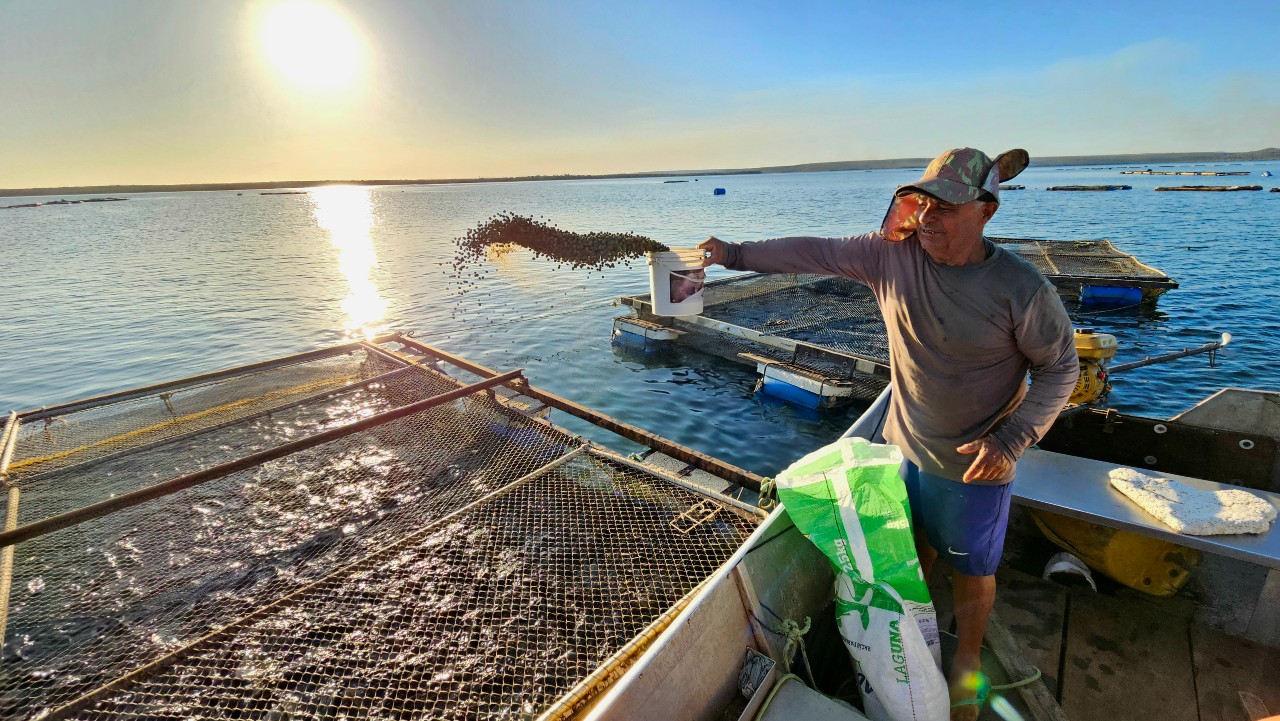
In an article in Nature Sustainability, researchers from Brazil and the United States point out the advantages of fish farming over livestock farming, but warn of the need for stricter environmental regulations to prevent the activity from becoming an additional pressure on the biome.
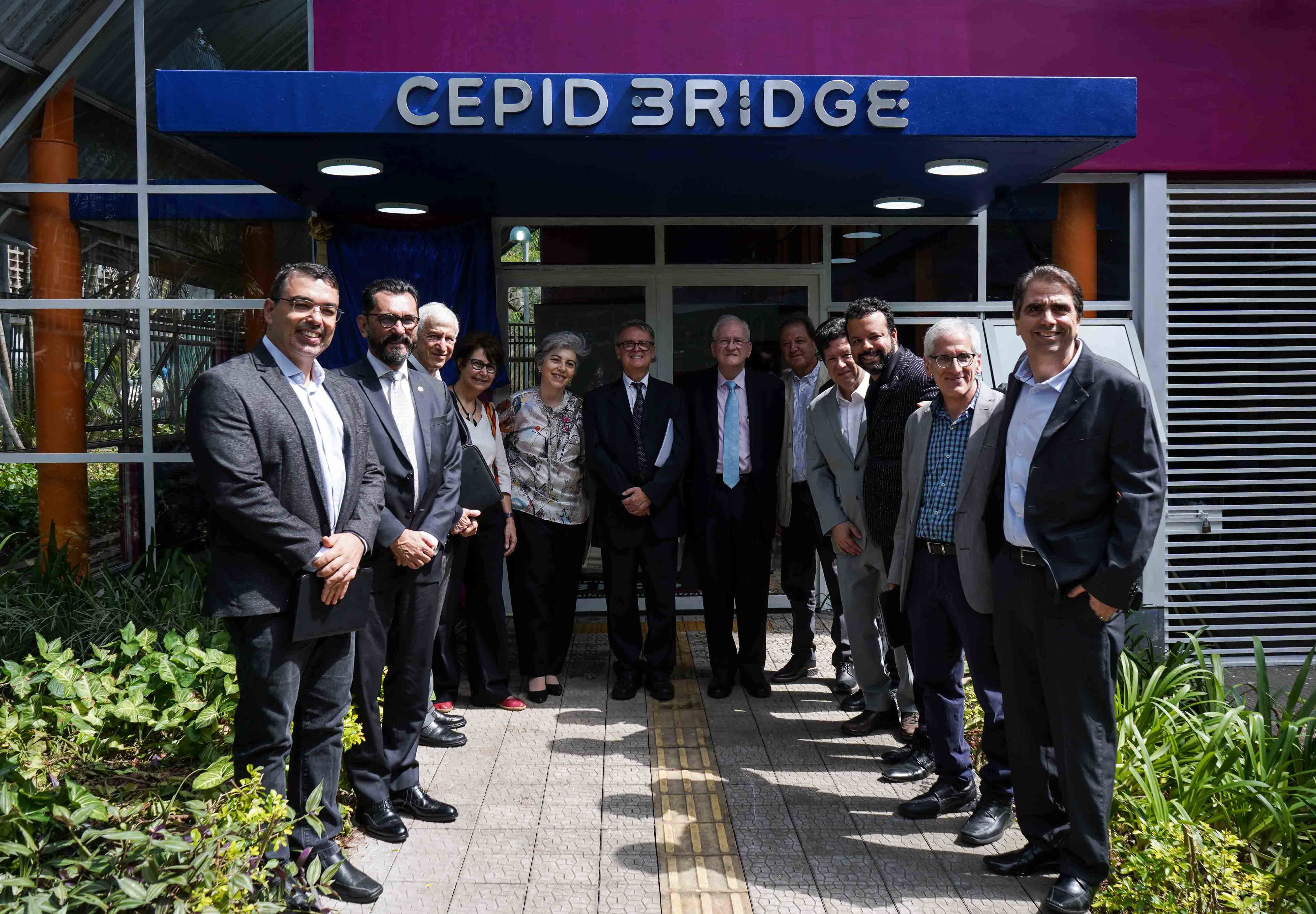
Inaugurated at a ceremony held at the University of São Paulo on March 31st, the FAPESP-funded center aims to tackle complex problems such as climate urgency, inequality and deindustrialization.

Company developed with the support of FAPESP a process to transform by-products into high-tech materials for batteries.
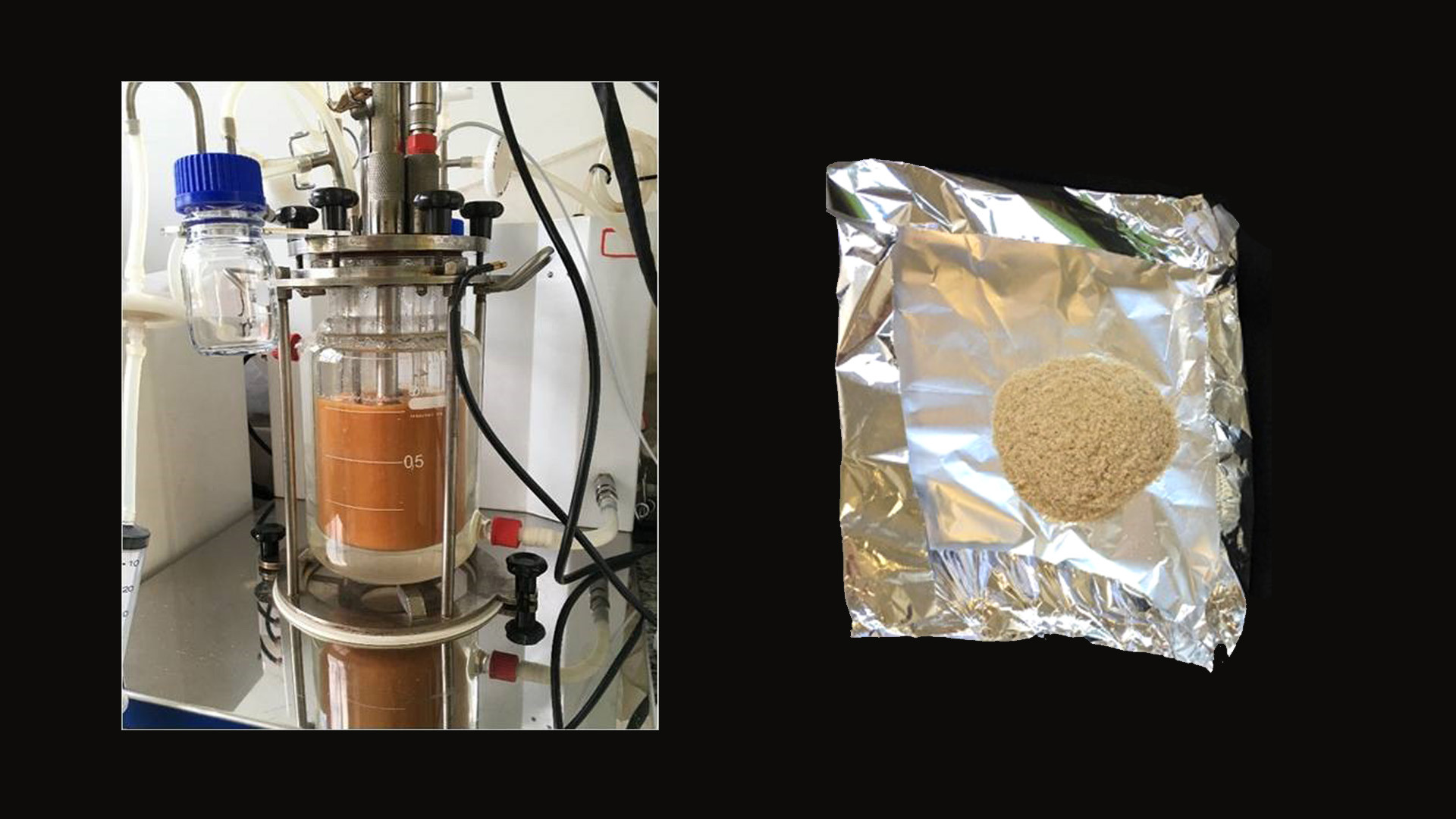
The Federal University of São Carlos has developed a process that uses sugarcane molasses as a substrate in one of the stages of the chitosan production process. The polymer can also be used to control agricultural pests and to produce biofilms and drug-carrying capsules.

A study has found that more than half of Brazil’s rivers could suffer a reduction in flow due to the transfer of water to aquifers. Irrigation pumping is one of the main factors. More than 88% of wells operate under illegal conditions.
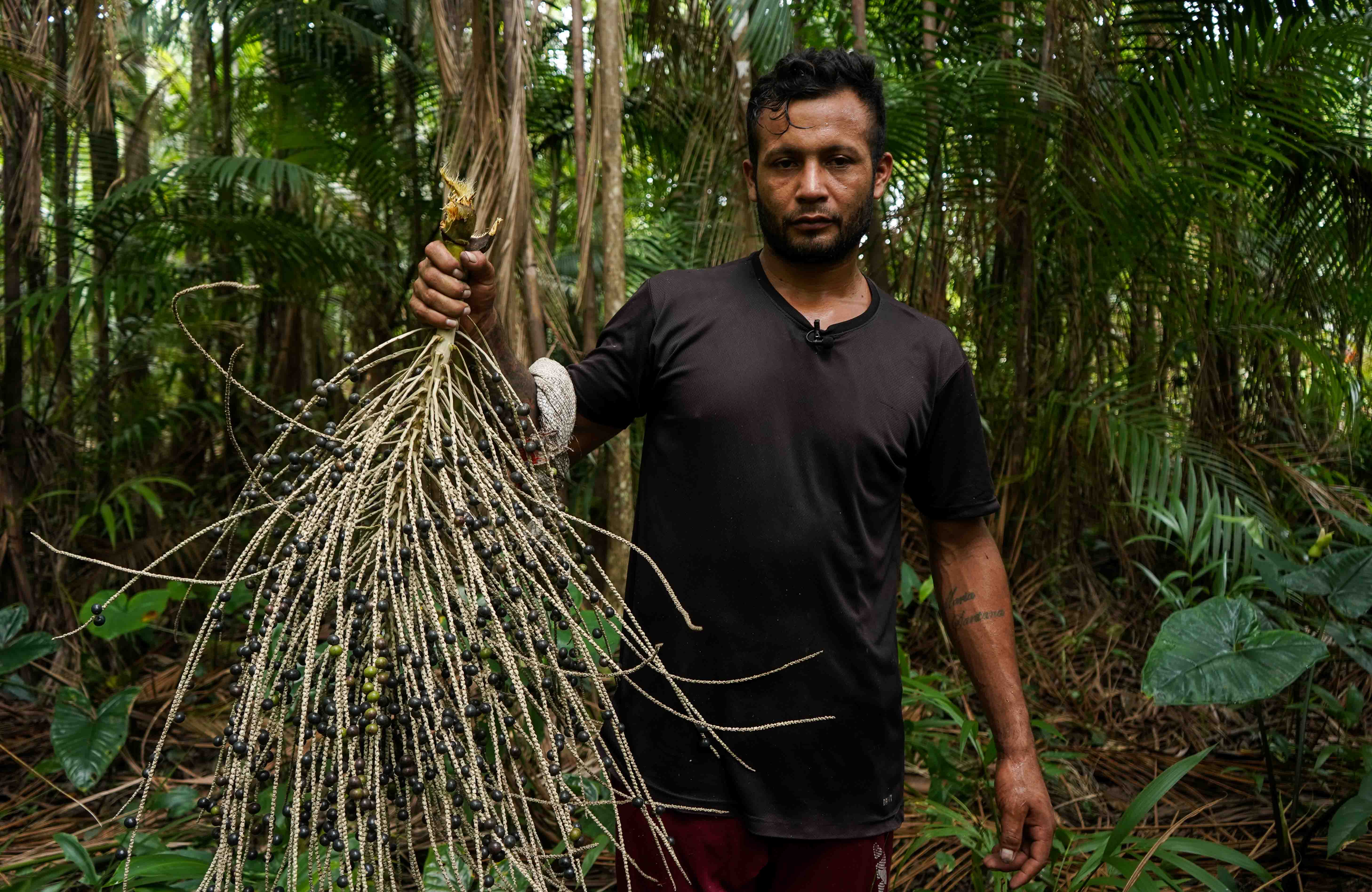
The Agrotechnological District of Breves, in the Brazilian state of Pará, was created as part of Semear Digital, a Science Center for Development led by EMBRAPA Digital Agriculture and supported by FAPESP.
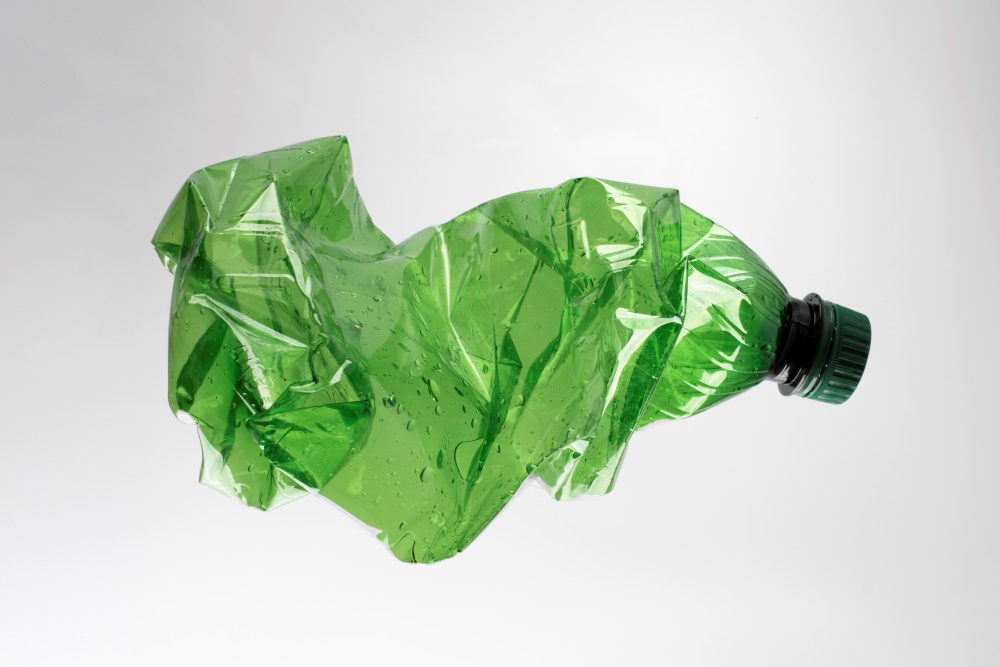
In a review article, researchers highlight the importance of metrology institutions in setting standards to characterize biopolymers and avoid greenwashing – a marketing practice that deceptively promotes products as being environmentally friendly.
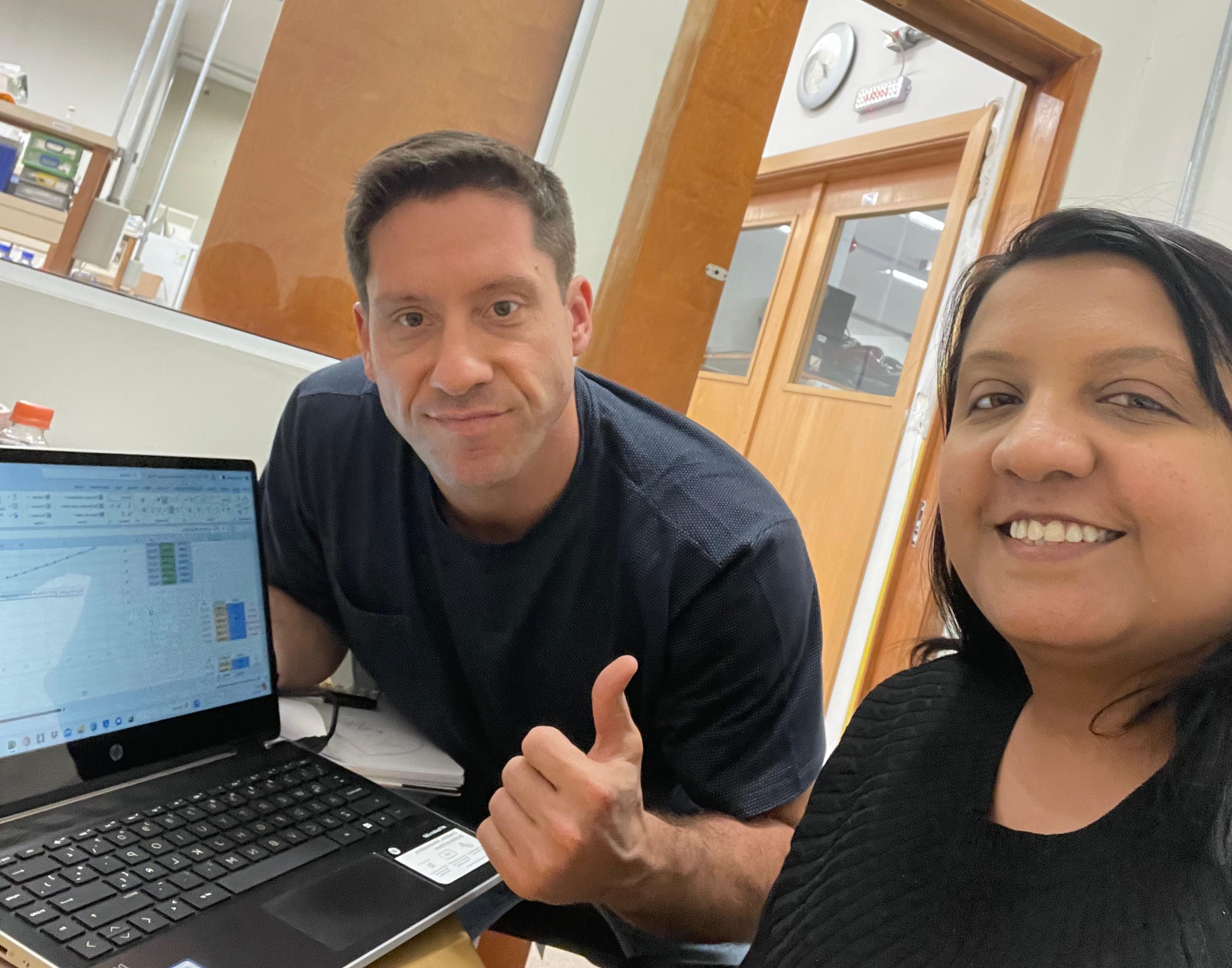
Researchers isolated a strain of Pseudomonas alcaligenes that can withstand temperatures as high as 44 °C from a hot spring in Chile, and characterized the substances produced by the bacterium that help it survive extreme conditions.
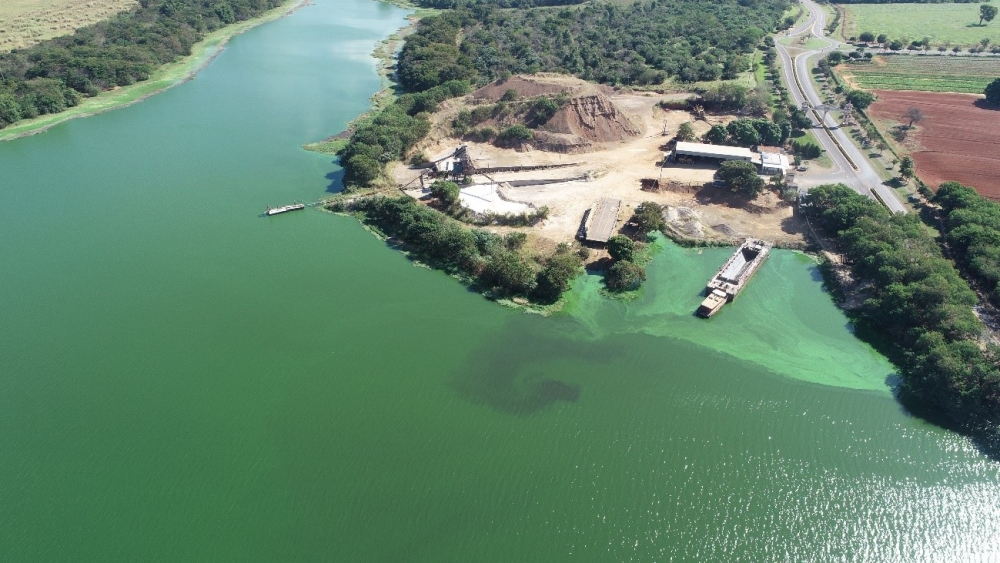
With FAPESP’s support, the startup plans to collect biomass from the cyanobacterial blooms that have turned the Pinheiros River green in São Paulo city and convert it to bioproducts.
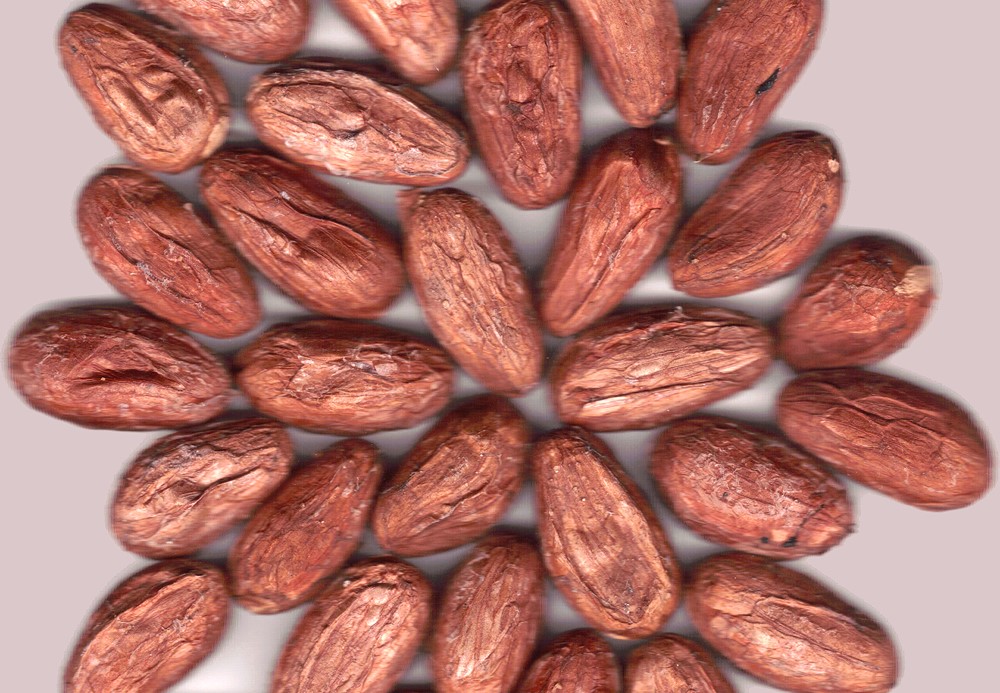
An invention developed at the State University of Campinas (UNICAMP) obtains theobromine and caffeine from coca bean husks using stingless bee honey as a solvent. The method is a safe alternative to conventional processes, which can be harmful to human health and the environment.
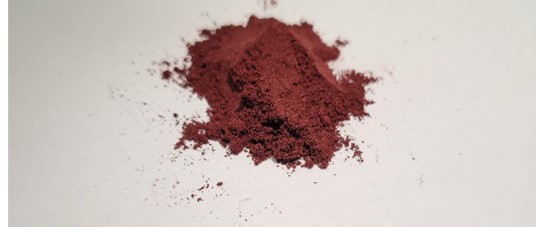
The process designed by researchers at São Paulo State University (UNESP) in Brazil and collaborators in Chile and Mexico results in low-cost raw materials and reduced environmental damage.
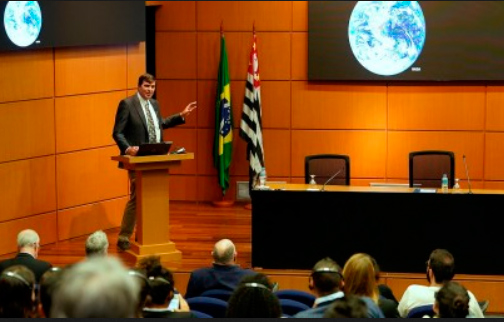
Alex Ruane delivered the 7th FAPESP Lecture 2024 on “Climate Change and Food Security”
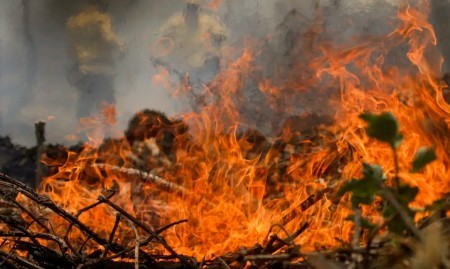
A report by an international group of researchers including three Brazilians shows that climate change tripled the probability of weather conditions favoring unprecedented wildfires in Canada and multiplied it by a factor of 20 in western Amazonia between March 2023 and February 2024. Global carbon emissions were 16% above average.
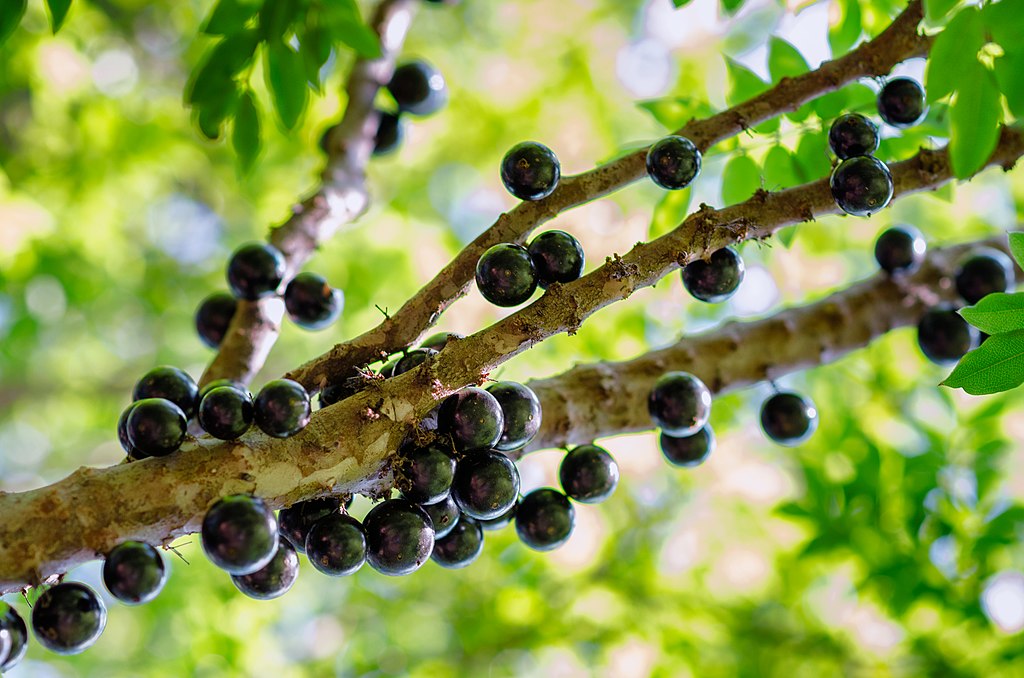
The process, developed by Brazilian and Spanish scientists, obtains anthocyanin from fruit processing waste with a higher yield than the usual method.
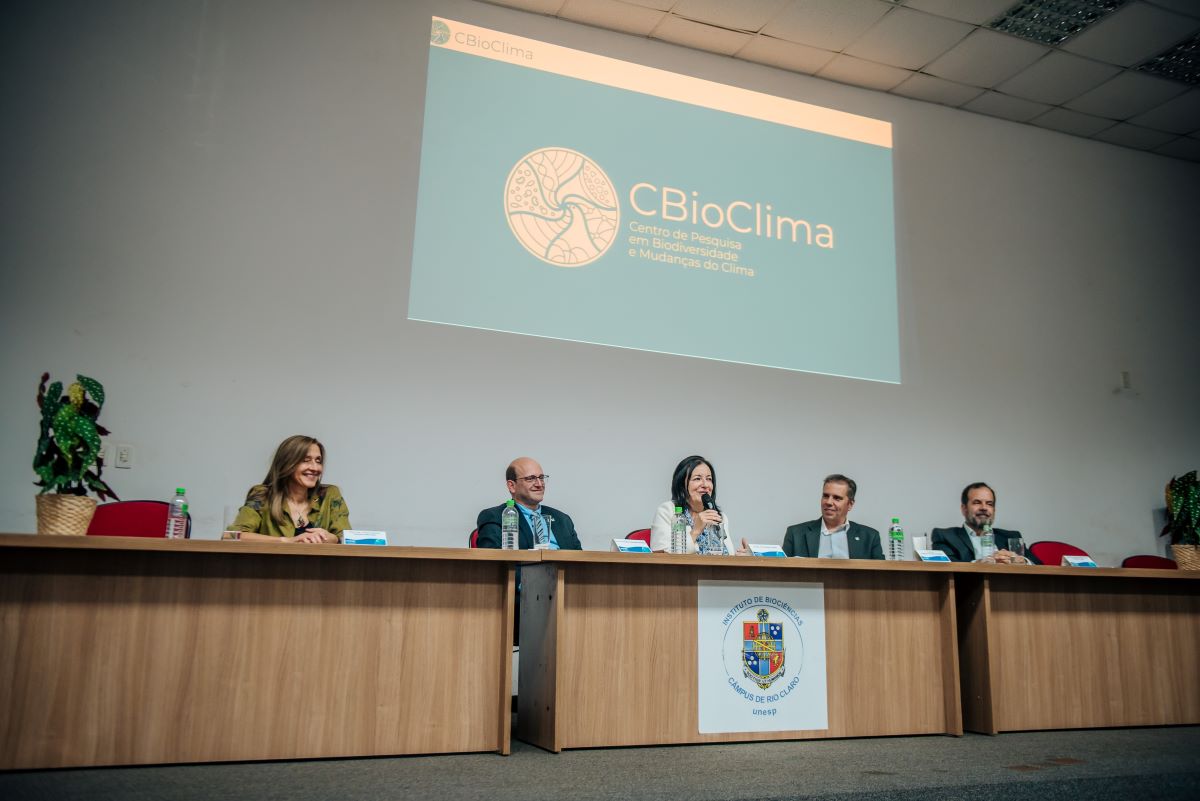
The first Research, Innovation and Dissemination Center (RIDC) hosted by São Paulo State University (UNESP) will promote innovation focusing on sustainable solutions and accelerated knowledge dissemination.
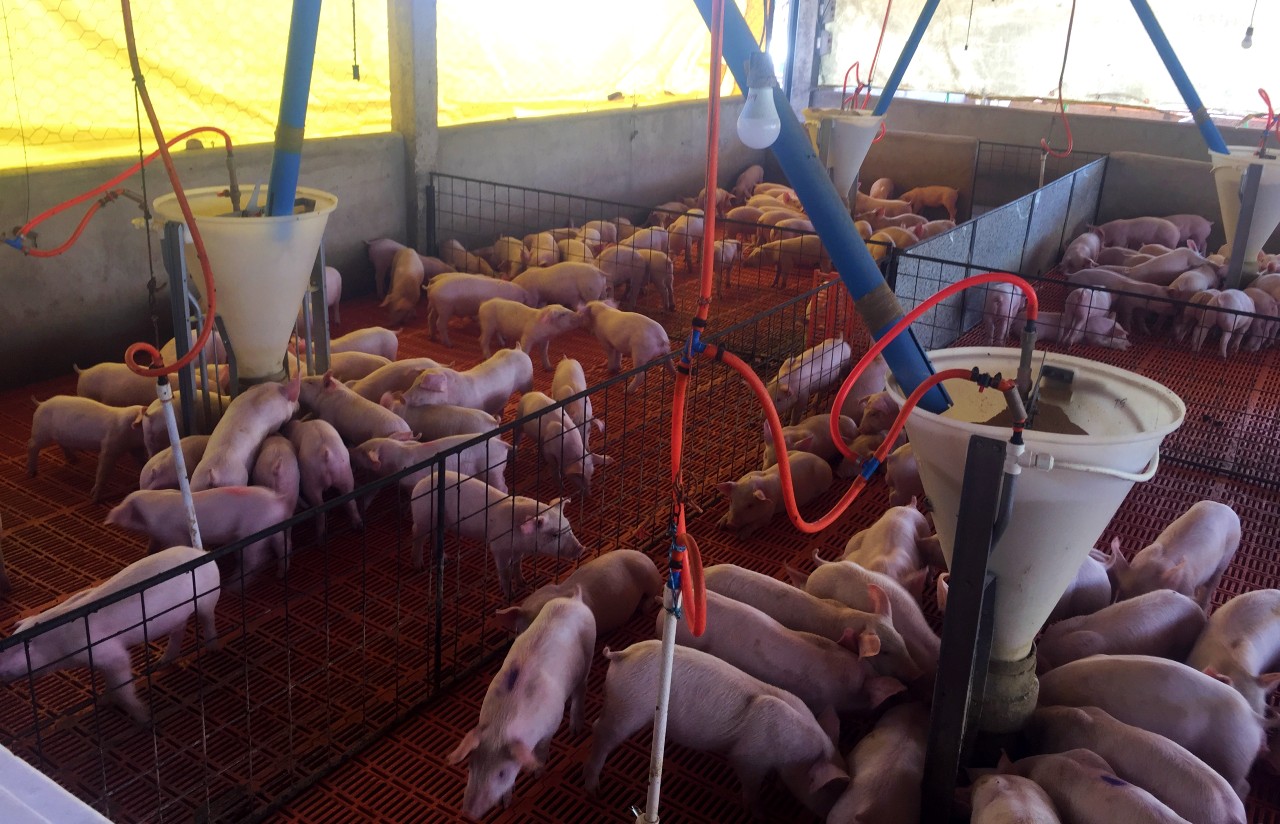
Results show that oral fluid bacteria differ from fecal and environmental bacteria. Identification of these microorganisms can help diagnose infectious diseases and improve pork production.
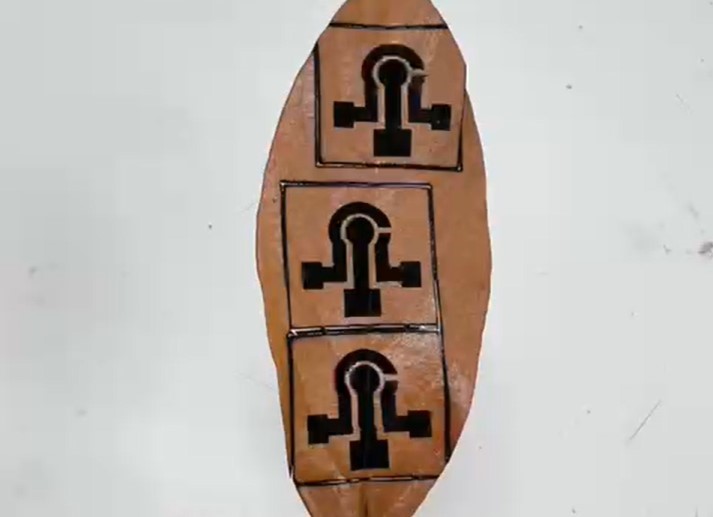
Leaf cellulose is converted by pyrolysis to graphite, which is printed in the right shape for the surface to function as a sensor. Tests to determine concentrations of dopamine and paracetamol confirmed that the sensor performed successfully.
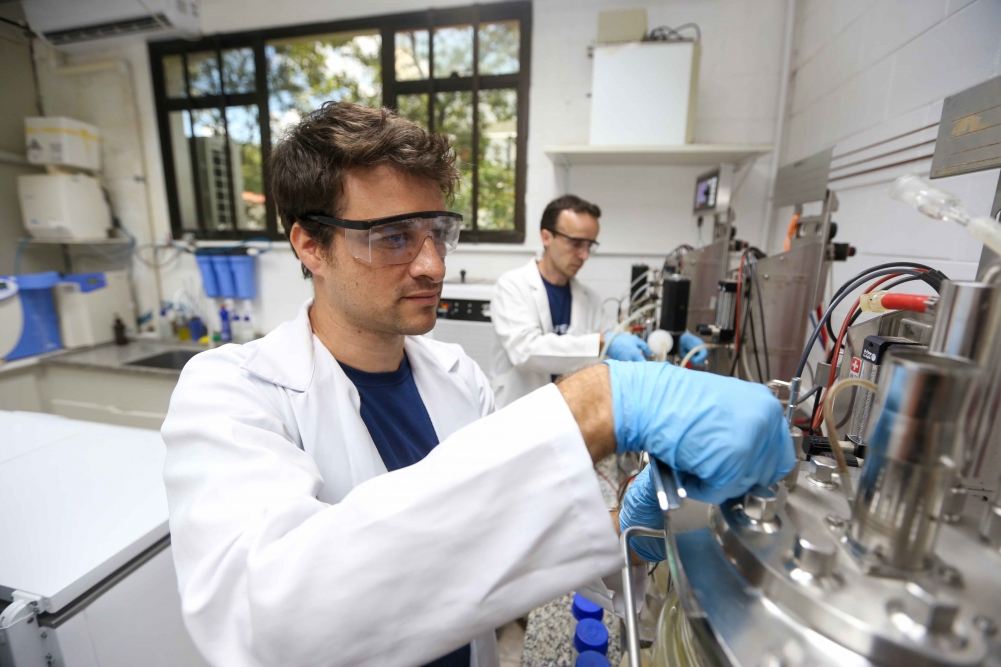
A startup supported by FAPESP is developing a platform that will enable local production of enzymes to act as catalysts for chemical reactions.
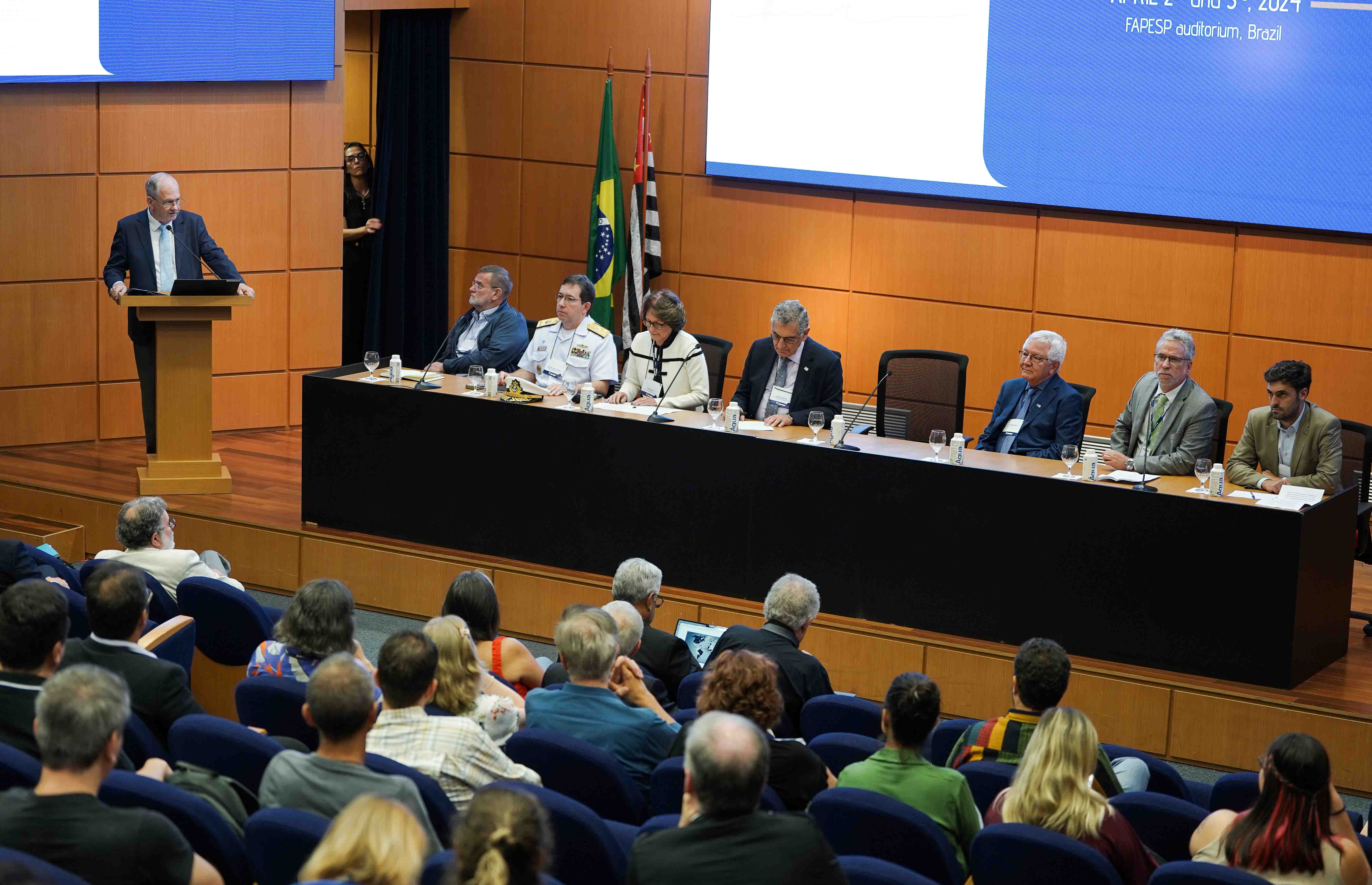
Launched on April 2 at FAPESP, the program will initially involve researchers from Brazil, Argentina and France.

Developed by researchers at the University of São Paulo, the process proposes using silica particles coated with melanin in formulations to protect the skin not only from UVA and UVB rays, but also from visible light.
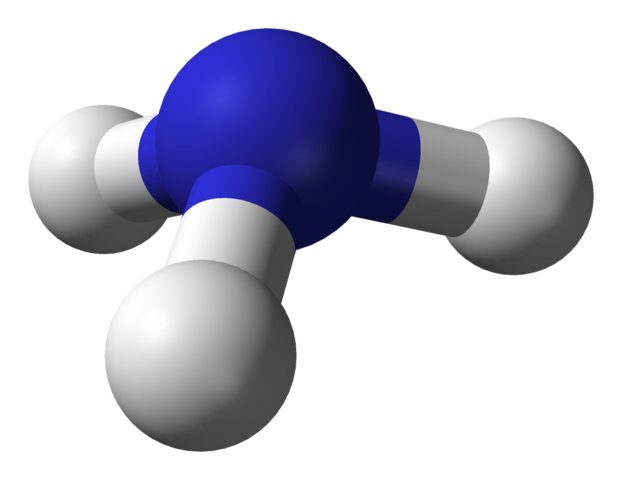
Created at a FAPESP-supported research center, the material helps produce ammonia by electrochemical reduction of nitrogen gas, dispensing with the high temperature and pressure required by the conventional method.
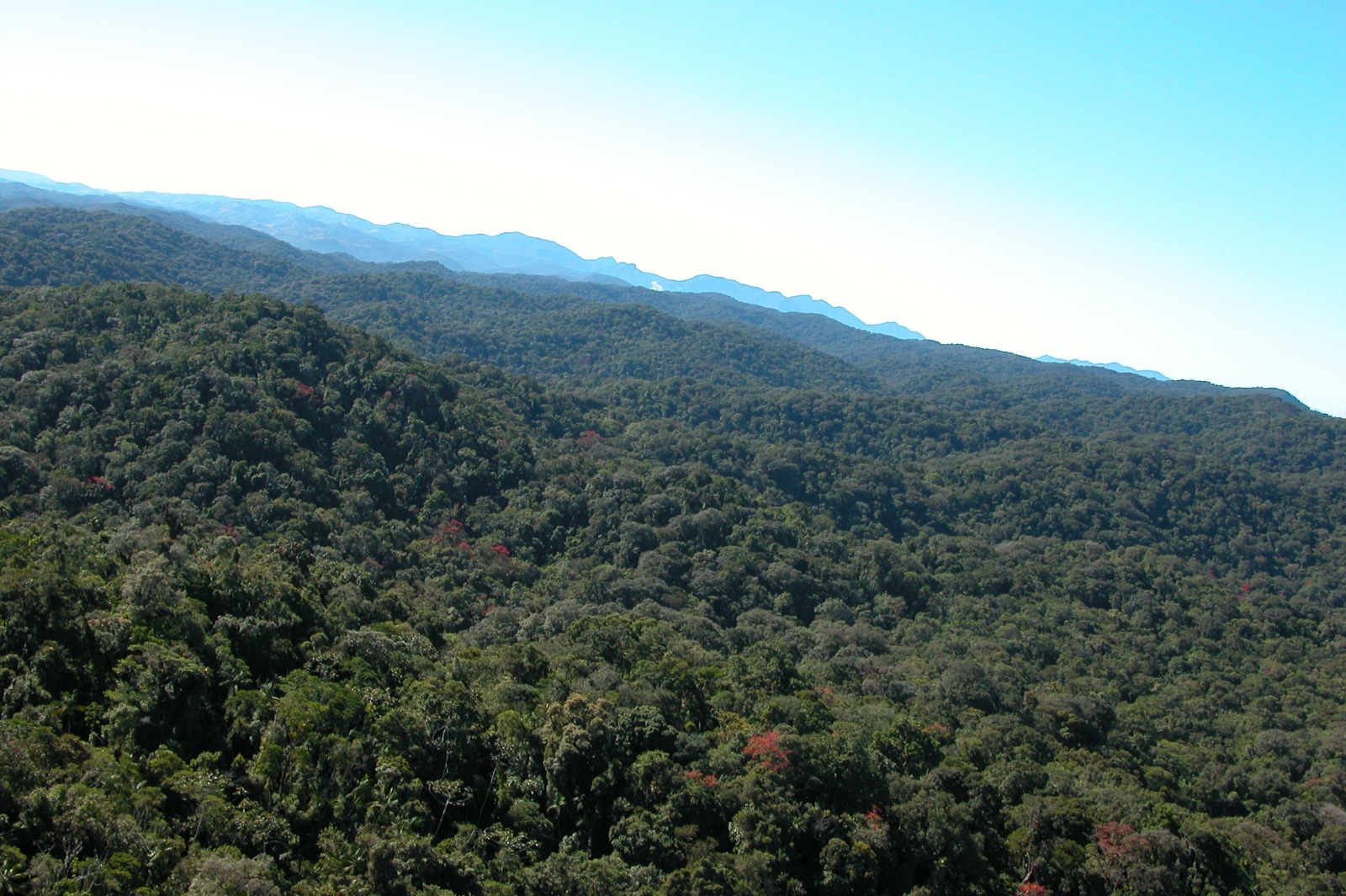
Farmers in the Paraíba Valley region of São Paulo state received economic incentives such as payment for environmental services to adopt conservation practices and protect native vegetation.
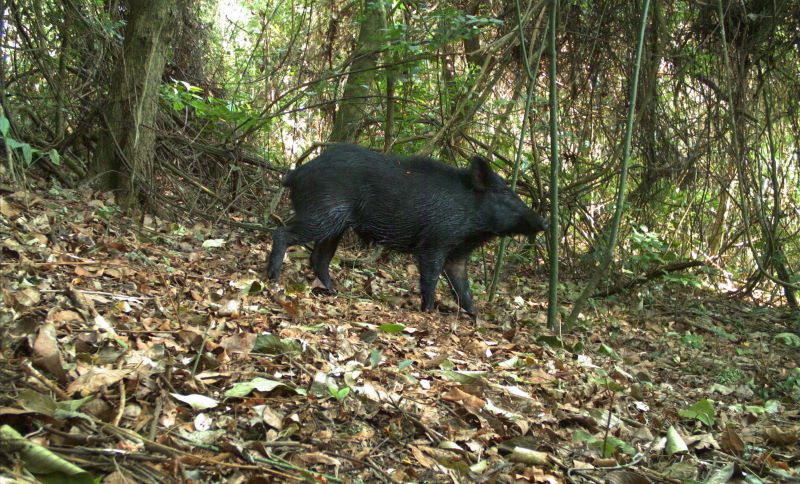
Considered an invasive species, Sus scrofa causes damage to farmers in an important part of Brazil’s savanna-like biome. The researchers analyzed 55 landscapes in São Paulo state, observing larger numbers of native mammals in areas with well-conserved vegetation and diversified crops, while native species richness was far lower in areas of monoculture.
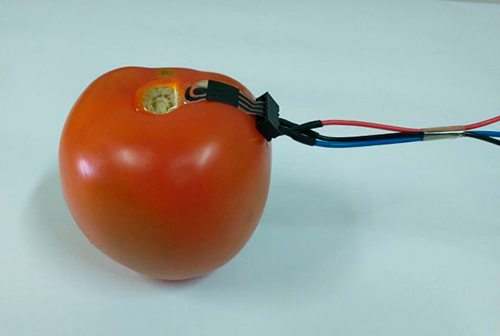
Developed by a team of Brazilian researchers, the device is made of plant-based material with little environmental impact, and detects pesticides in a few minutes, helping to certify food safety.
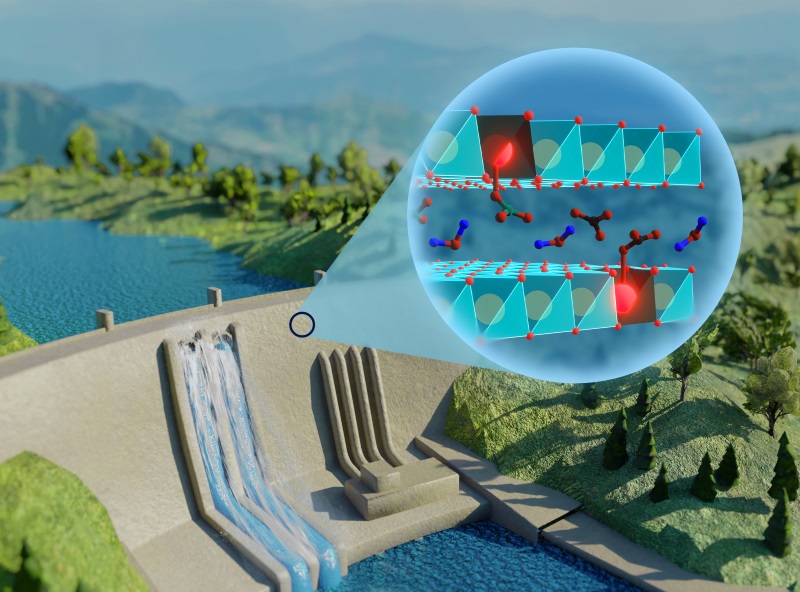
The material is a compound similar to clay and enables inspectors to carry out in-situ assessment of structural conditions in buildings, bridges, dams and other structures without having to drill for samples and analyze them in a laboratory.